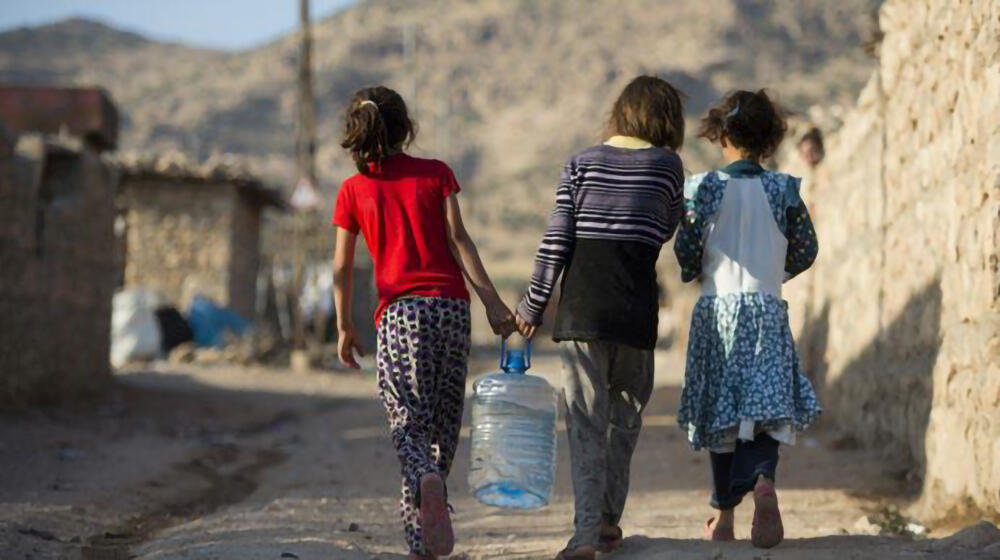“I have always longed to hear the sounds that others may take for granted,” explains Duha, a a15-year-old girl with a hearing disability who lives in rural Damascus. “Sounds like rain falling on the ground and the chirping of birds — they always seem to be in the midst of a vibrant argument, and I find myself wishing to be able to join and even settle their disputes. I see people brimming with joy at these sounds and find myself constantly curious.
“A girl with a hearing disability often encounters a multitude of unique experiences. After all, merely being a girl carries the inherent risk of exposure to gender inequalities, gender-based violence, and various forms of exploitation, and a disability only compounds those risks. Forming the right connections is also a constant challenge as discrimination creeps into social interactions, even among those she would likely trust with her life. Some of her friends may choose to abandon her, finding non-verbal communication more difficult than they can handle.
As Duha explains, she attempts to verbalize her words, fully committed to expressing herself flawlessly. When she hesitates, she continues in sign language. “It saddens me greatly that find it difficult to make friends and that I am constantly bullied during routines that others may find uneventful, such as going to the market, walking down the street, or at public gatherings.
“Growing up, Duha’s mother would seldom leave her side. She sought to shield her from a world that regarded her as an inconvenience. “She seldom leaves my side because she is afraid that I would get lost or be further ridiculed by my own friends. My constant tears broke her heart because she saw my own heartbreak, particularly when I observed the judgementalism ‘IT SADDENS ME THAT I FIND IT DIFFICULT TO MAKE FRIENDS AND THAT I AM CONSTANTLY BULLIED DURING ROUTINES THAT OTHERS MAY FIND UNEVENTFUL.
Looks people gave me, which would alternate between revulsion and pity.


